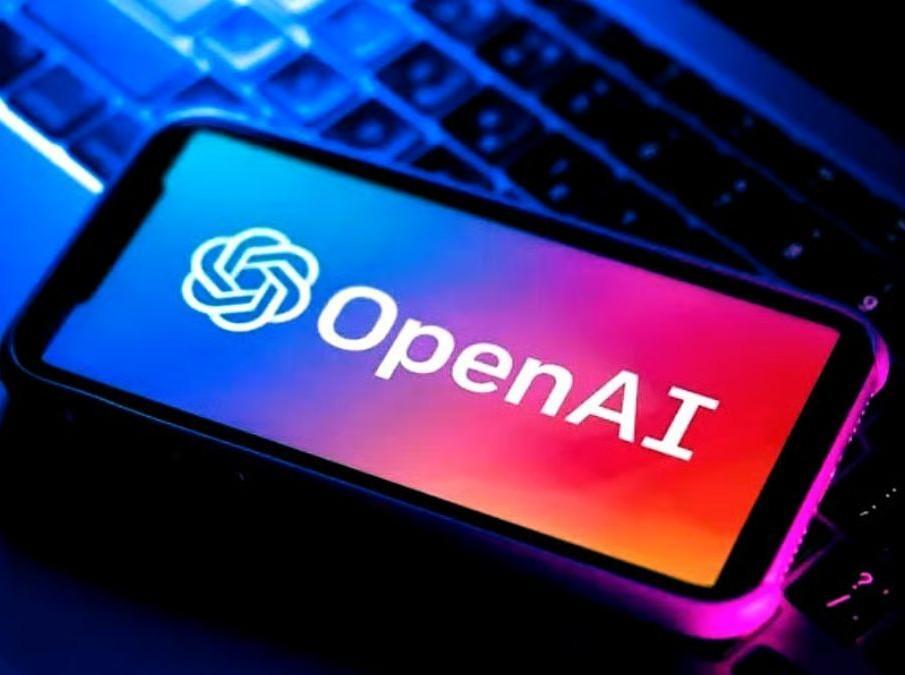
OpenAI Releases Downloadable AI Models for Public, Offline Use
In a significant development in the world of artificial intelligence, OpenAI has released two AI models, gpt-oss-120b and gpt-oss-20b, for public use. This move marks a departure from the company’s previous stance of only allowing access to its AI models through its cloud-based services. For the first time since 2019, anyone can download and run the full AI model on their own computer, giving users unprecedented control over the technology.
The gpt-oss-120b and gpt-oss-20b models are variants of OpenAI’s popular GPT (Generative Pre-trained Transformer) architecture. GPT is a type of AI model that is trained on a massive corpus of text data to generate human-like language. The models have been trained on a dataset of over 120 billion parameters, making them some of the most advanced language models available today.
The release of these models is significant for several reasons. Firstly, it marks a shift towards decentralization in AI research and development. Traditionally, AI models have been hosted on cloud-based services, which requires users to have a reliable internet connection and often comes with a hefty price tag. By making these models downloadable, OpenAI is enabling users to run AI applications offline, without relying on the internet or expensive subscriptions.
Secondly, the release of these models opens up new possibilities for AI research and development. Researchers and developers can now experiment with the models, modify them, and even improve upon them without needing permission from OpenAI. This democratization of AI development has the potential to accelerate innovation in the field, as more people have access to the tools and resources they need to create new AI applications.
Lastly, the release of these models is significant because it marks a departure from the traditional business model of AI companies. OpenAI is not charging for access to these models, which means that users do not need to pay subscription fees or royalties to use them. This move is a refreshing change from the usual model of AI companies, which often charge exorbitant fees for access to their models and services.
So, what does this mean for users? For one, it means that anyone can download and run the gpt-oss-120b and gpt-oss-20b models on their own computer, without needing internet access or expensive subscriptions. This means that users can build their own AI applications, experiment with the models, and even improve upon them without needing to rely on OpenAI’s cloud-based services.
Another significant benefit is that users have complete control over the models. They can modify them, train them on their own data, and even integrate them with their own applications. This level of control is unprecedented in the world of AI, where users are often relegated to using cloud-based services that are controlled by third-party providers.
The release of these models is also significant because it marks a shift towards transparency and accountability in AI development. By making the models downloadable and open-sourced, OpenAI is enabling users to see how the models work, what data they are trained on, and how they are used. This level of transparency is essential for building trust in AI technology, which is critical for its widespread adoption.
In conclusion, the release of the gpt-oss-120b and gpt-oss-20b models by OpenAI is a significant development in the world of AI. It marks a shift towards decentralization, democratization, and transparency in AI research and development. Users now have the ability to download and run these models on their own computers, giving them unprecedented control over the technology. This move has the potential to accelerate innovation in the field, as more people have access to the tools and resources they need to create new AI applications.






